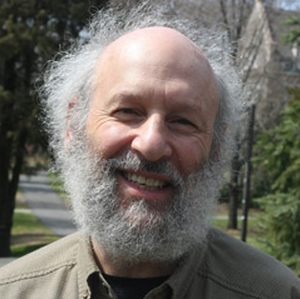Designing for Practical Wisdom: How Can Medical Organizations Encourage Practitioners to Learn the Character and Judgment They Need?
Good health care demands good science, good research, good drugs, good technology, and medical staff with first-rate technical skills. But data, technology, drugs, and algorithms are not enough. Good judgment is a critical capacity that medical practitioners need if they are to successfully make tough, everyday decisions about how to care and how to work with each other in teams. At the heart of this judgment is not just academic knowledge and technical expertise but something Aristotle called phronesis or practical wisdom. What does this practical wisdom mean concretely?
It demands being motivated by the right things: medical practitioners need to have the virtues of character that motivate them to seek the good of patients.
It demands the ability to notice, to see: the capacity to listen not only to what their patients are saying but what they are actually feeling.
It demands the ability to reflect and deliberate about the tough decisions, big and small, involved in everyday care and major illnesses—to figure out how they and their teams can diagnose and treat each person given the particular context of their lives, hopes, and fears.
It demands the will and capacity to empathize, to counsel, to deal with uncertainty, to balance empathy with detachment, to balance honesty and kindness, to balance hope with truth-telling, and the courage to keep trying and learning in the face of inevitable failures.
Such practical wisdom is only learned through experience. But not any experience will do. So how do you design the right kind of experiences? How do you create systems that encourage the learning of practical wisdom? How do you design medical institutions and medical education to encourage practitioners to learn the character traits and judgment skills they need to care for us?
I’ve got three stories to tell: one takes place in an intensive care unit in a major Boston Hospital; one takes place in an inner-city health clinic; one is a story about a program in a major medical center that provides palliative care. Each story will help elaborate how medical organizations can be re-designed to encourage clinicians to learn the practical wisdom they need.
Presented by:
Kenneth E. Sharpe, Ph.D.

Professor, Department of Political Science, Swarthmore College
No slides availableNavigate the Site
2026 GoldLab Symposium
Save the date!
Please join on May 14-15, 2026Presenters In The News
Contact Info










